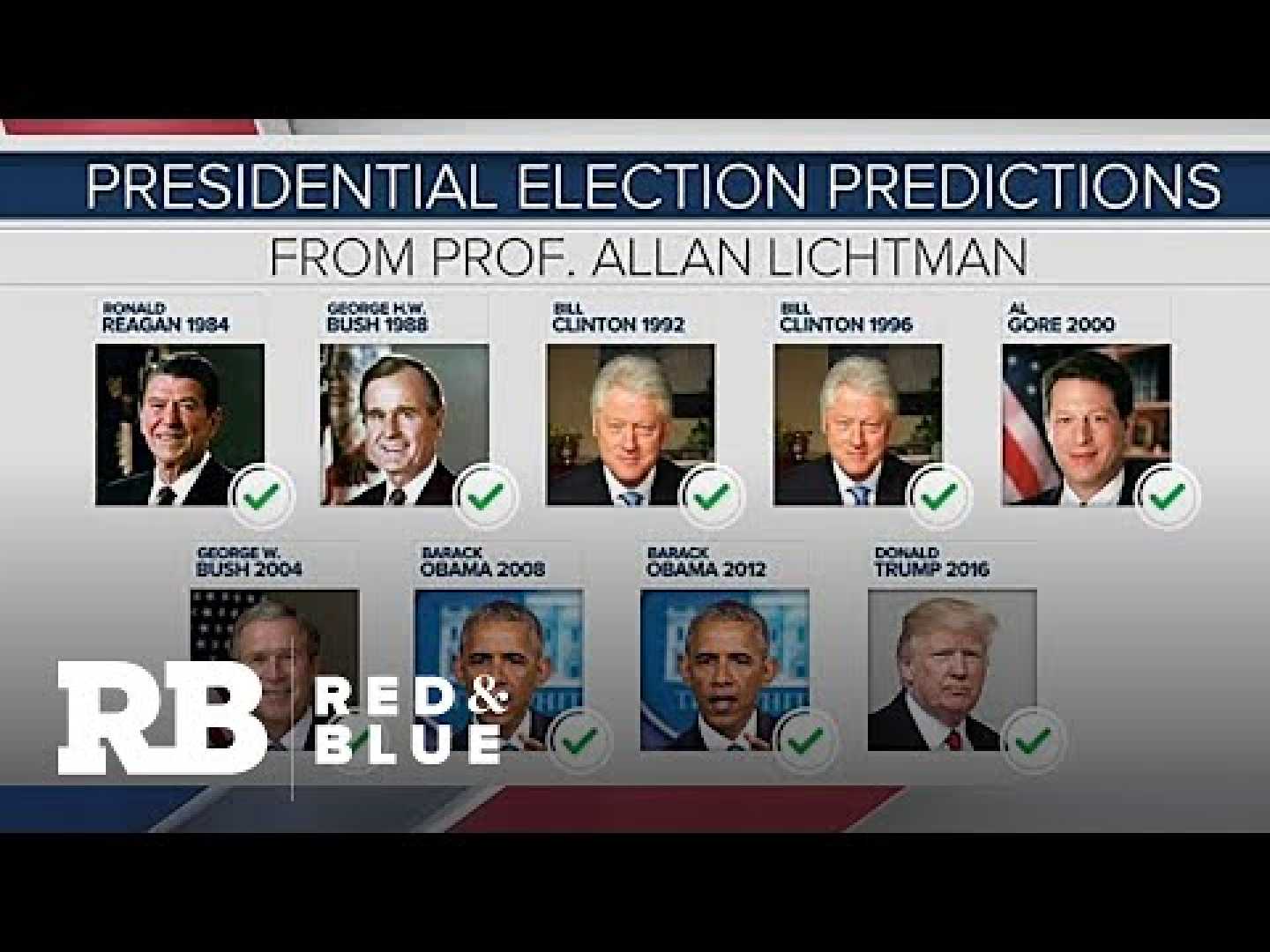Politics
Allan Lichtman: The Man Behind Presidential Predictions

Allan Lichtman, a distinguished history professor at American University, has been a notable figure in American political forecasting. Since 1984, Lichtman has accurately predicted the outcome of all but one presidential election, gaining widespread attention from various media platforms for his unique prediction model.
In a recent feature by The New York Times, he was highlighted not only for his predictions but also for his participation in the Senior Olympics. Lichtman confidently forecasted that Vice President Kamala Harris would secure the next presidential race, a claim that aligns with his historical approaches rather than modern data-driven models.
Lichtman’s method, which he developed with Russian mathematical geophysicist Vladimir Keilis-Borok in 1981, relies on a series of 13 true-or-false statements known as “keys.” Unlike typical models that depend heavily on polls, his method interprets historical patterns and the performance of the incumbent party. In 2016, this approach predicted a victory for Donald Trump, even as many polls suggested otherwise.
“The issue with @NateSilver538,” Lichtman tweeted in July, referencing a long-standing debate with statistician Nate Silver, “is he’s a compiler of polls, a clerk.” Lichtman criticized Silver for lacking historical grounding in his predictions.
Despite its controversies, Lichtman’s model has its defenders. Political scientist Gerald M. Pomper praised Lichtman for his straightforward analysis of historical contexts, emphasizing that while others miscalculated based on the Electoral College, Lichtman adapted his approach to predict the ultimate outcome accurately.
However, Lichtman’s assertions have not gone unchallenged. His claim of methodological adjustments to account for electoral peculiarities post-2016 has sparked skepticism. Journalists Lars Emerson and Michael Lovito questioned the timing of Lichtman’s adaptation, suggesting it might have been a retrospective change to maintain his predictive streak.
In response to these allegations, Lichtman’s retorts were firm. He directed critics to his clear forecast in 2016 that anticipated a Trump win and criticized those questioning his credibility.
Beyond the controversies, Lichtman’s predictions remain a focal point in political discourse, particularly as the 2024 election approaches. His stance challenges traditional electoral notions, positing that voters are influenced by the incumbent’s performance over campaign narratives.
Despite the debates surrounding his methods, Allan Lichtman continues to attract attention with his unconventional, yet historically validated, predictive model, making him a compelling figure in the realm of political analysis.












